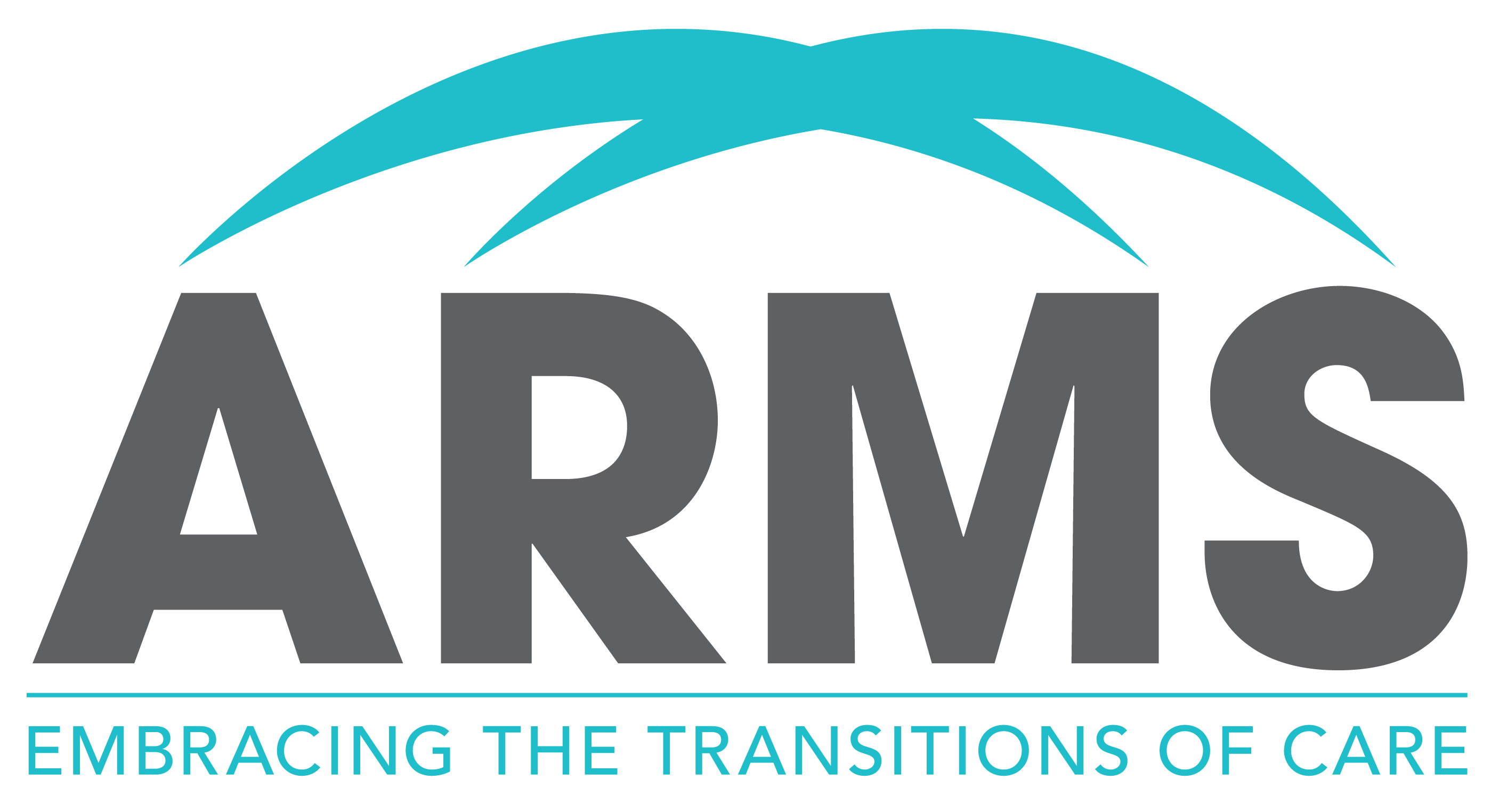You’ve taken care of your family member on your own for as long as you can. You’ve exhausted all the home health aide and home nursing resources. It’s no longer an option for them to remain in the home. Now you must make the heart-wrenching decision to move your loved one to a nursing home. As if you don’t have enough to worry about, how are you going to pay for it?
When it comes to options for covering nursing home costs, there are limited options. While this list is by no means exhaustive, it provides general information on how best to proceed.
 Long Term Care Insurance – Generally available through various insurance and financial brokerage firms, this insurance typically covers major costs associated with a resident’s stay in a nursing home. With varying levels of coverage, there may or may not be a co-pay that would be covered by the resident.
Long Term Care Insurance – Generally available through various insurance and financial brokerage firms, this insurance typically covers major costs associated with a resident’s stay in a nursing home. With varying levels of coverage, there may or may not be a co-pay that would be covered by the resident.- VA Benefits – Available to those who have served in the US Armed Forces, these benefits can be coordinated the local Veterans Service Officer that supports veterans in their health issues.
- Private Pay – This is typically what most people think when it comes to moving to a nursing home. As the words themselves indicate, all costs are the responsibility of the individual who needs to move to a nursing home.
- Medicaid – Administered by the CMS, Medicaid is available to help in covering costs of those who have no other financial resources. The application process requires considerable paperwork and documents (birth certificate, etc) and the approval process can take considerable time.
The Private Pay option is typically what people fear when it comes to dealing with nursing home costs. Visions of dwindling financial resources are enough to make anyone panic. If the financial assets are in excess of $10,000, the recommendation to seek out and confer with an elder attorney can help protect financial assets.
While these are the options for handling the costs associated with the nursing home facility, residents and family members should be aware that the physician costs are in addition to the costs associated with the facility itself. State regulations require a physician to evaluate nursing home residents on a regular basis. For the first 90 days, a new resident must be seen monthly. Thereafter, the required visits must occur every 60 days. If there are acute changes in the resident’s condition, this may require visits in-between the ones required by regulation.
When it comes to actual care received in any nursing home facility, there is no difference between the care provided for any of the above categories. Often, those providing the day-to-day care are not even aware of how the patient is handling payment.



No comments yet.